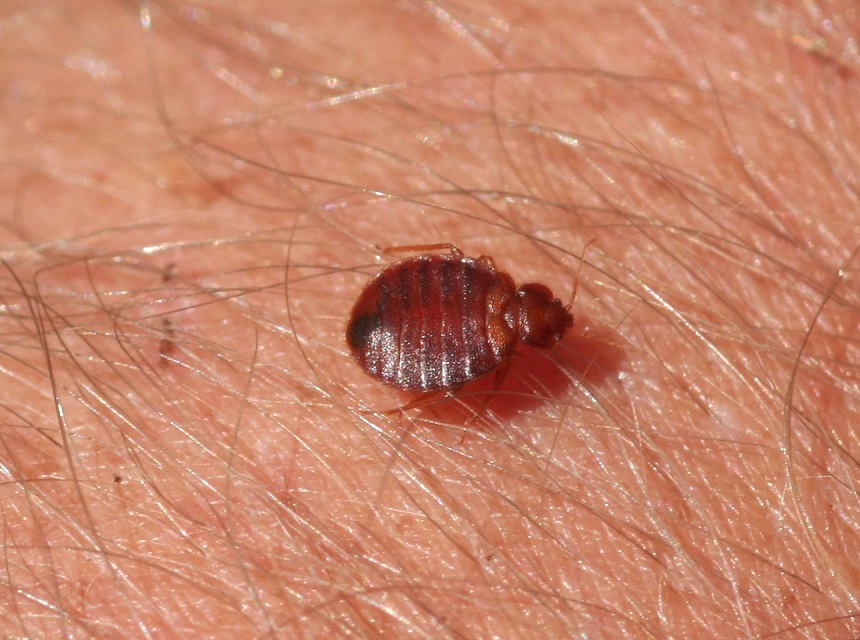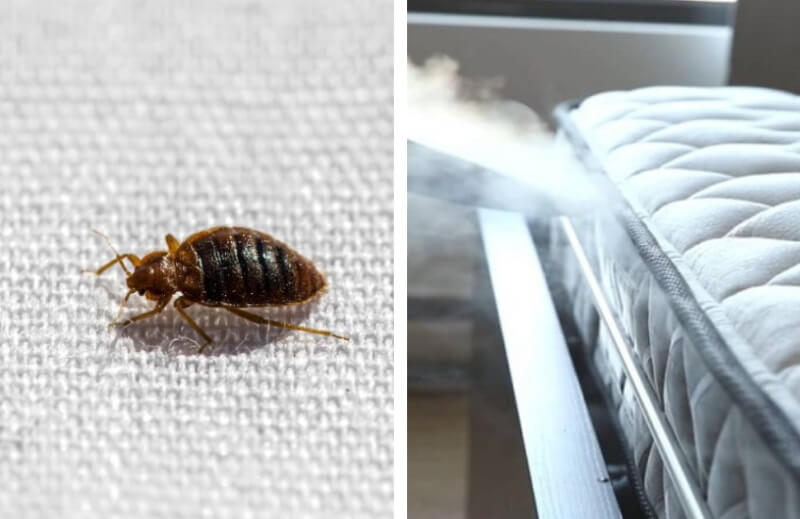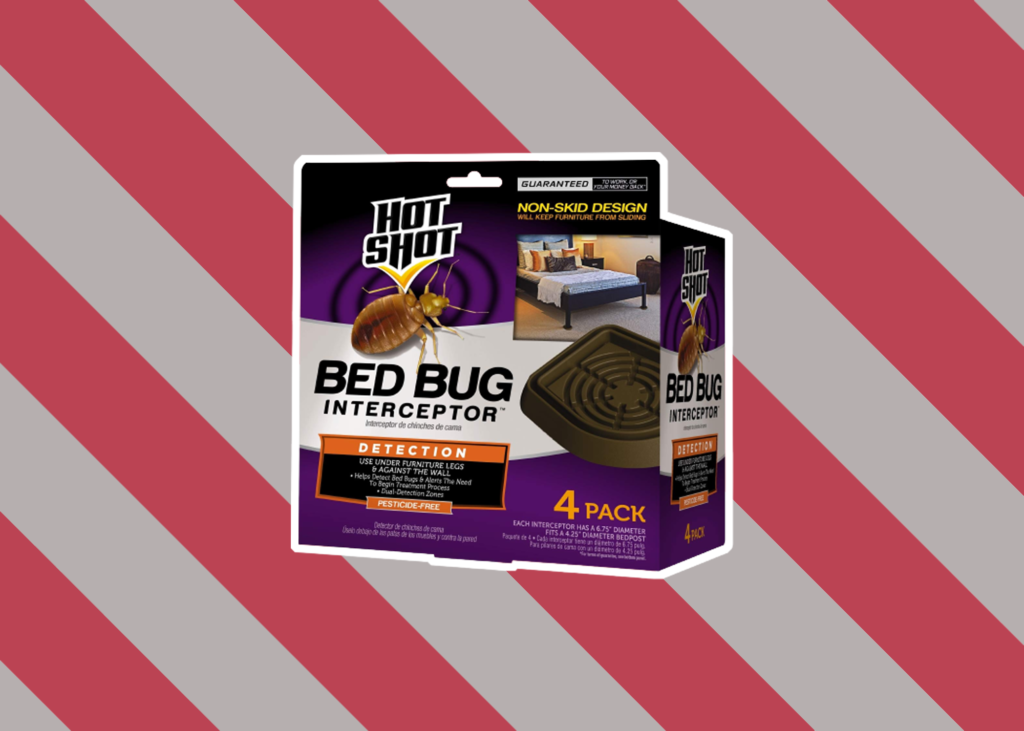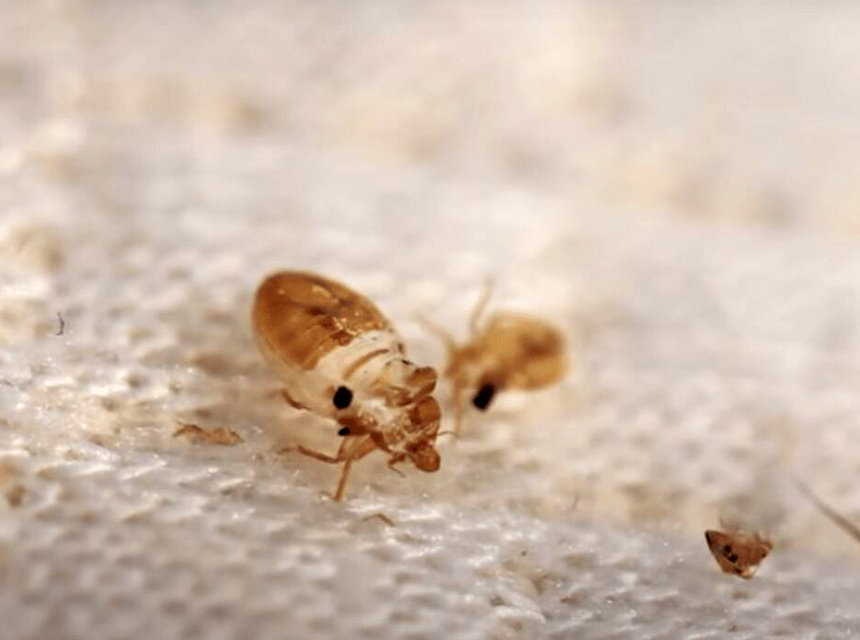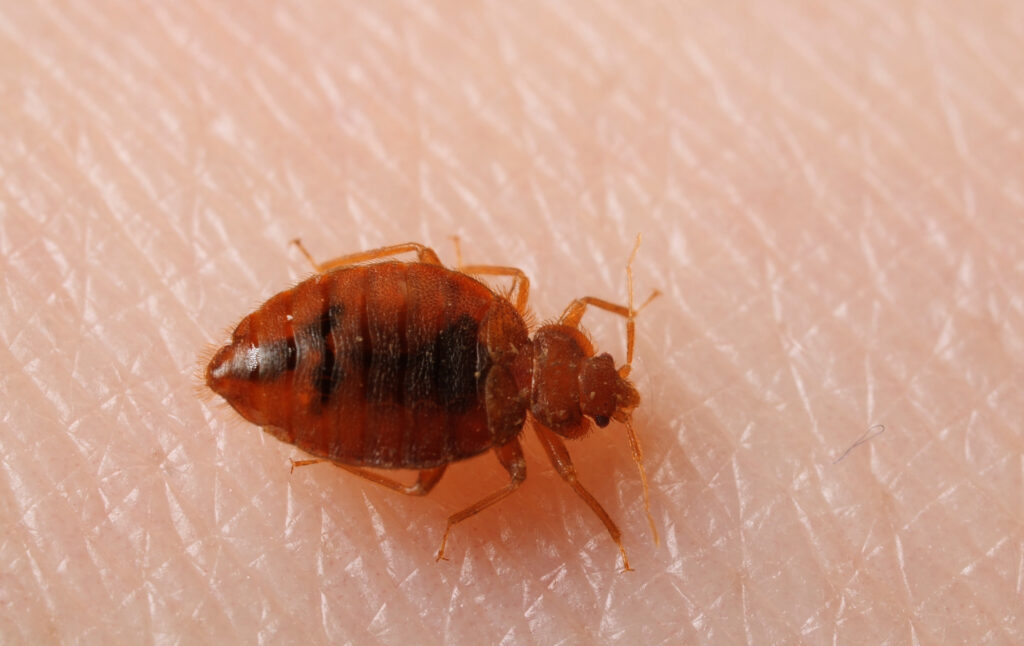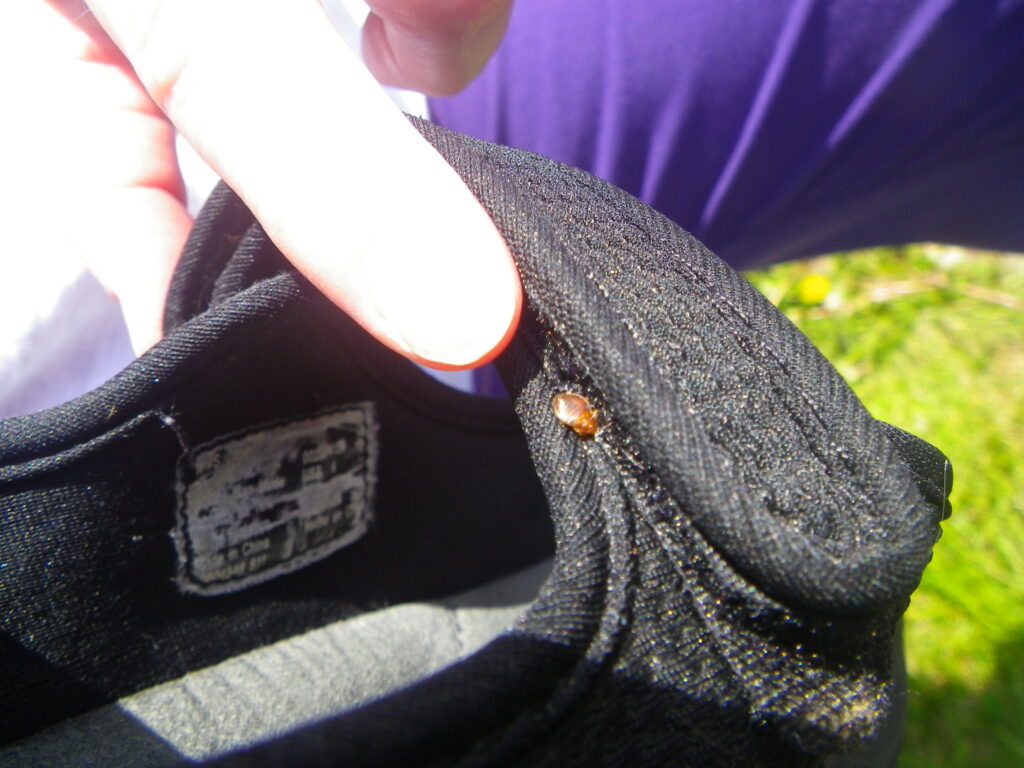

What’s worse than having your sleep cut short by small crawling blood-sucking bugs? It could be frightening, and for most people, the sight of a bed bug in their home springs many questions about their hygiene.
Despite not transmitting any form of disease, bed bug infestation can make the house uncomfortable. This is why you should get into action once you spot them. However, you can’t jump straight into getting rid of them without knowing how to prepare for bed bug treatment. In this guide, we will expose you to all the needed steps and precautions for this process.
To stand a chance of eliminating these bugs, you must first learn how to prepare your home for bed bug treatment. You will discover the essential steps you need to take for bed bug extermination in the next few lines.
Bed bugs can travel over several miles and creep into tiny spaces. When trying to remove clutter from your space, it’s essential not to move items from an infected area into a non-infected area, more like moving from an infested room into a non-infected one.
To remove clutter, you have to start by inspecting items that are not washable. This includes old books, magazines, toys, picture frames, and other wooden products. Place books and stationery items you no longer use into a trash bag and take them far away from your vicinity. You should burn these items immediately if time permits.
While doing this, it’s better to keep items such as your bags and boxes off the floor while your bed and furniture should be moved away from the wall.
It’s easy for bed bugs to creep into your wardrobe as well as between your furniture. If you suspect that your wardrobe is infected, the first step to take is to soak all clothes in hot water. This should include your bedsheets, pillowcase, curtains, blankets, and everyday wear. While this is going on, don’t bring in new clothing into the infested area.
The missing piece for those learning how to prepare their home for bed bug heat treatment is vacuuming. This process eliminates live or dead bugs stuck to the surface of your furniture, bags, and bed. After using a vacuum cleaner, dispose of the insects in the vacuum bag into a trash can that will be emptied far away from your home. This makes it difficult for the bugs to creep back into your home.
A lot of people panic at the sight of bed bugs in their homes. It’s understandable, given how difficult it’s to get rid of these blood-sucking creatures. On sighting these insects, the worst you can do is to panic. Instead, devise a way to get rid of them immediately. If you won’t be able to do so on your own, it’s best to seek professional help.
Another thing to avoid is moving your bed or belonging to a different area after finding bed bugs on them. These creatures can travel through several meters. By moving your bed, they can quickly travel into your luggage, crawl into your furniture, or old books lying around. And if you should move to a friend’s apartment, they can follow you through and infect their residence as well.
Lastly, in a bid to exterminate these insects, you shouldn’t jump on every pesticide. Most chemicals are powerless against bed bugs. Some that can kill them off contain strong chemicals that are harmful to you and your household. Hence, always inspect the chemicals contained in these pesticides before getting them. Your safest bet is EPA-approved pesticides Trusted Source Pesticides to Control Bed Bugs | US EPA More than 300 pesticide products in seven chemical classes are registered with EPA, meaning EPA has evaluated their safety and effectiveness: pyrethins, pyrethroids, desiccants, biochemicals, pyrroles, neonicotinoids, and insect growth regulators. www.epa.gov .
When preparing for bed bug treatment, you need to consider how long the treatment will last. Most treatments last within 2–4 hours, depending on the infestation and size of the infested area. If you are using a professional, you want to ask him how long it will take before returning to your house. Usually, the smell and effect of the chemical used must disperse before you can move in once again.
In cases where you’re doing the extermination on your own, you should always check the label of the pesticide or powder you’re using and follow every usage instruction. All these precautions are essential to avoid endangering your life and others.
After the treatment, you will probably be in a hurry to return to your home. You have to exercise a bit of patience to avoid reintroducing these tiny creatures. First, you want to give the chemicals enough time to work. This is why you have to wait for 6 – 8 hours after treatment before moving your luggage back in.
Also, there are chances of exposure to the chemicals used during the treatment, which is why you need to take precautionary measures when moving back in.
Majorly, you want to keep kids and pets away from the infected area and items present while the treatment was ongoing.
At times, you might forget to move out some edible items before the treatment commenced. In such cases, the item should be thrown away.
Finally, you should know that all the bugs can’t be exterminated in one treatment. A few of them will shake off the effect of the chemical and climb up your bed. For this reason, you want to have a bottle of pesticide or a bed bug steamer on standby.
Preparing for bed bug extermination is a must. Whether you’re carrying out the extermination or inviting a professional, it’s impossible to achieve the desired outcome when the house is cluttered. This is because bed bugs spread Trusted Source How Bed Bugs Spread, and How to Prevent It Bed bug infestations can be very annoying, but you can take steps to prevent their spread. Here’s how you can prevent or treat bed bugs. www.healthline.com through tight spaces.
Refusing to prepare the house makes it difficult to discover their hideout and the extent of their infestation. If you refuse to create space, eliminating items hidden in objects like old books, magazines, and bags won’t be easy.
For maximum results, you should provide open spaces around your walls, closets, and furniture to allow smooth treatment.
There are a few myths surrounding bed bugs you should be aware of when learning how to prepare your house for bed bug extermination. Some are facts, while others are false. Here you will discover what is true and what isn’t.
Knowing how to prepare for bed bug treatment improves your chances of eliminating these tiny creatures in just one trial. This insect has earned a reputation for being stubborn, which is why you need to use professionals for better results. If you must carry out the treatment on your own, a strong pesticide will be needed.
Also, since these tiny creatures can’t fly, they crawl their way into tiny space. This is more reason you have to remove clutter before treatment. Moving into the infested area immediately after treatment is risky. You might want to wait for about 6 – 8 hours before bringing your items back in.
